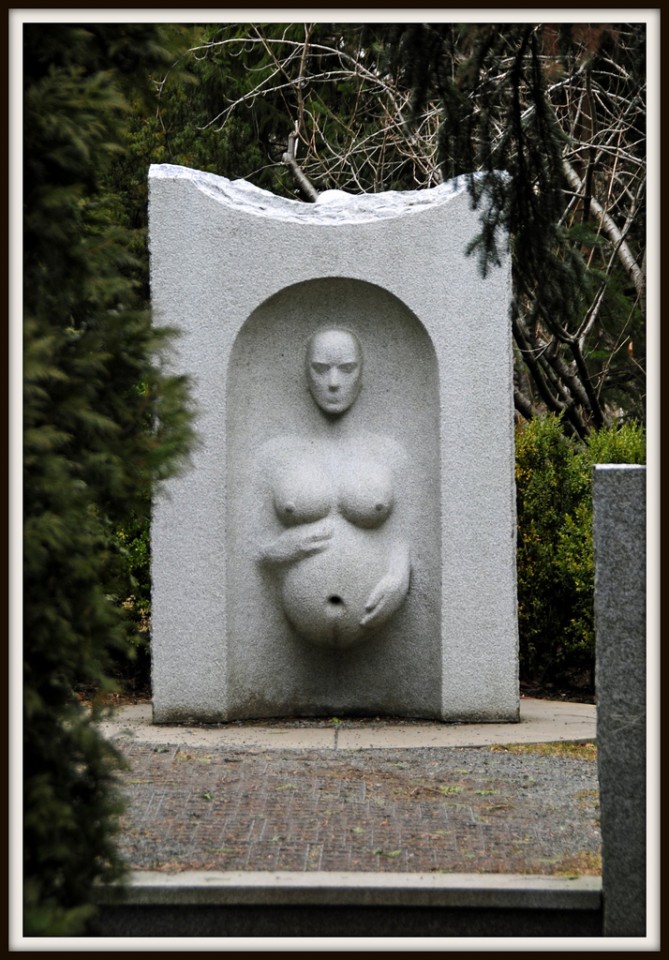After years of anticipation for some, just nine months for others, birth is the single most important event of every human being’s life. Regardless of how much this event has been denigrated to a medical procedure, it is a special day – every single year, most of us observe the occasion and are aware that it is a marker of our existence. Childbirth should be a momentous miracle, one that all humans should respect as sacred.
Before any of us begin to think of becoming parents, we receive a plethora of messages about pregnancy, childbirth, and child-rearing. In contemporary North American society, the images we are fed through media and other people are of an emergency situation and frightening levels of discomfort and pain against the dramatic backdrop of a frantic hospital room. An extremely distressed laboring woman, screaming and cursing, coupled with an anxious and often clueless father is commonplace in television shows and movies. A doctor comes into the scene to command her to push and a baby is born. Consequently many of us expect this to be our reality when birthing. These images and the stories of horror that are relayed to us by women who have given birth influence our perception greatly.
Furthermore, let’s take a look at the perception that the current patriarchal system has of women. In the collective consciousness, women are thought to be submissive, weak, emotional, and helpless. Women have been demonized as the heralds of evil, citing the biblical story of Genesis and Eve introducing the apple to Adam as the reason women should not be trusted. To take that a step further, childbirth is perceived as a woman’s punishment for what Eve did. Religion, specifically the Christian/Catholic/Protestant religion in Western thought and philosophy, has been used as a tool to promote patriarchal misogynist sentiments and beliefs. In addition to the demonizing of women, the biology of women is seen as less-than, unclean, incompetent, and inconvenient. Thus, this deep belief is the negation of the feminine energy that corresponds to the masculine energy that has run unrestricted, with dire consequences.
Women have internalized all of these negative images of themselves and learned to see themselves the way society has mandated – as weak, powerless, and infantile. It follows then that there is no possible way that a woman can give birth safely and powerfully with little-to-no interventions. I began to recognize these beliefs within myself in college. The moment that propelled me into further inquiry and to embrace my feminine body and energy was a red tent event hosted by the feminist group on campus. We spoke freely about our menstrual cycles, the taboos around them, and the possibility of appreciating that special time of the month instead of hating it. After that event, I began to love my reproductive system and researched everything I could about the spiritual implications of my femininity, my menstrual cycle, and birthing.
It has become clear to me that the reclaiming of the sanctity of birth and empowering women to love themselves and their bodies go hand-in-hand. Every birth I have seen fills me with an undeniable awe and wonder at the miracle I’ve witnessed. Every time I support women in nourishing and bringing their child into the world, I marvel at their inner strength and power. There is already a shift occurring in the birthing community of women, families, midwives, and hospital culture; to continue cultivating this shift, we as a people would do good to reconnect to the importance of our first breath and the sacrifices, love, and power it took to bring them into the world.
Tags: Birthing, Carmen, Carmen Mojica, Feminism, Mojica, Philosophy, Religion





